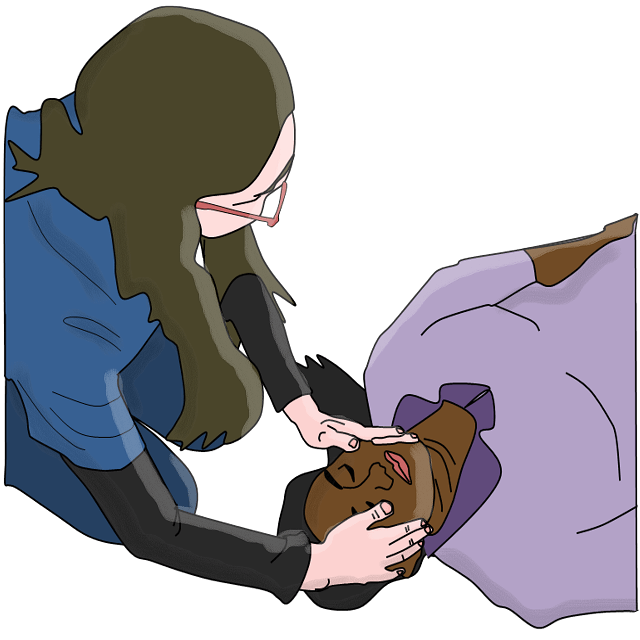
Lemme quickly tell you about a ‘rapid response’ that was called for a hospitalized ‘unresponsive patient’. This patient was simply sleeping hard after a sleepless night, and didn’t want to be bothered! Instead, he had a dozen eyes staring at him after his nurse sternal-rubbed him awake – not fun 🤣! On a more serious note, Altered mental status is a common clinical issue and has a broad spectrum of presentation – Confused, Disoriented, Altered, Agitated, Delirious, Encephalopathic, Obtunded, Unresponsive or Comatose. Think of it as a ‘Glitch’ in their brain, which helps you remember common causes!
💡 GLITCHED: Mnemonic to recall differentials for Acute Encephalopathy (Confusion, Altered Mentation, Unresponsive, etc.)
G – Glucose (both low or high – DKA/HHS) & Gases (O2, CO2, Carbon Monoxide)
L – Lactic Acid & Liver Failure (Ammonia)
I – Intoxications (including withdrawals) & Infections (UTI or other sepsis)
T – Temperature (Hypo/Hyperthermia) & Thiamine deficiency & TTP
C – Cranial (CVA/stroke/TIA, Meningitis/Encephalitis, Seizure, herniation) & Cardiac (arrest, arrhythmia)
H – Hypertensive (PRES) or Hypotensive
E – Electrolytes (Low/High Sodium, High Calcium) & Endocrine
D – Drugs (Meds) & Dehydration
The other way to remember is logical – Intracranial and Extracranial causes. Extracranial causes would be toxic or metabolic. Toxic would include intoxications, medication side-effects or drug overdoses. For metabolic causes, just think of all components of a CBC and CMP : WBC (Infection), Platelets (TTP), High-Low Sodium, Acidosis, Azotemia / AKI , Liver failure, hypercalcemia, low or high glucose etc.
P.S. Who remembers Senator ‘Glitch McConnell”
Don’t miss these fun posts! Subscribe via email 📩 | |
